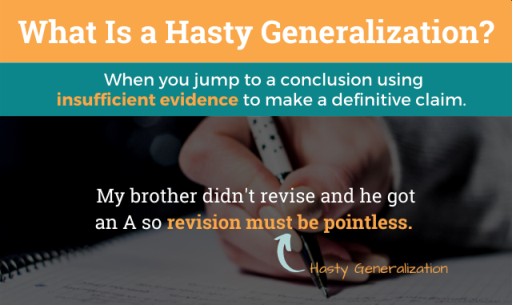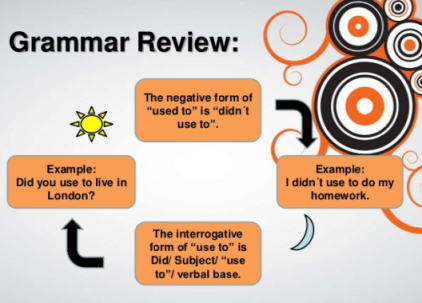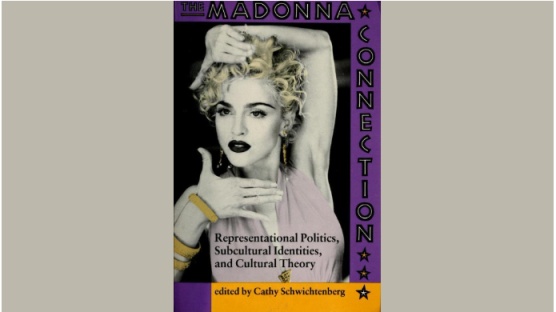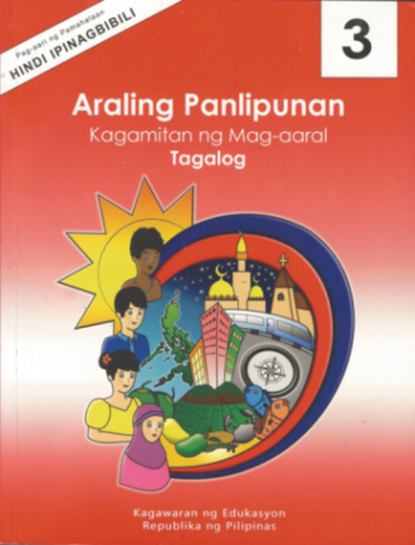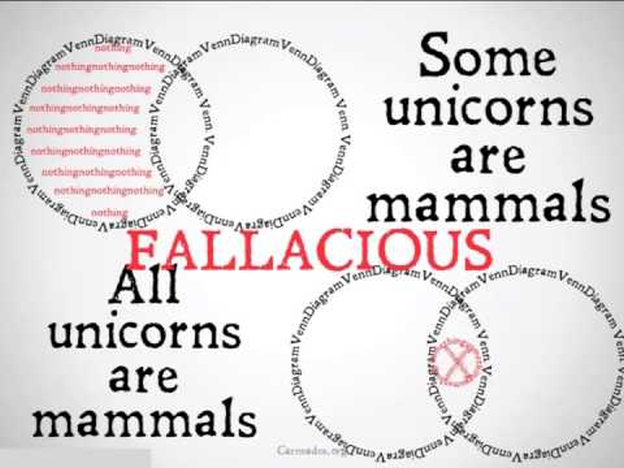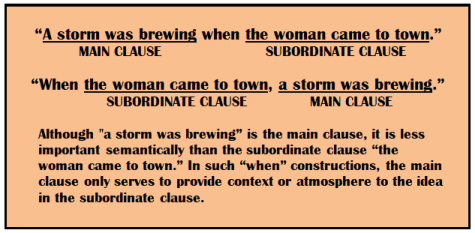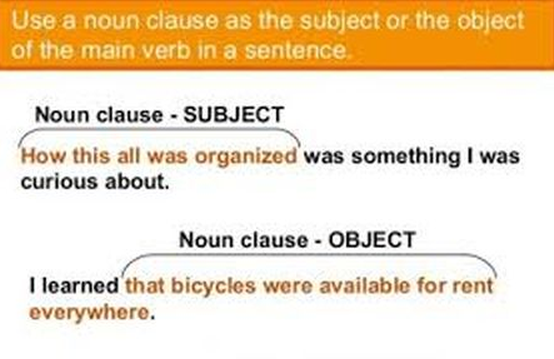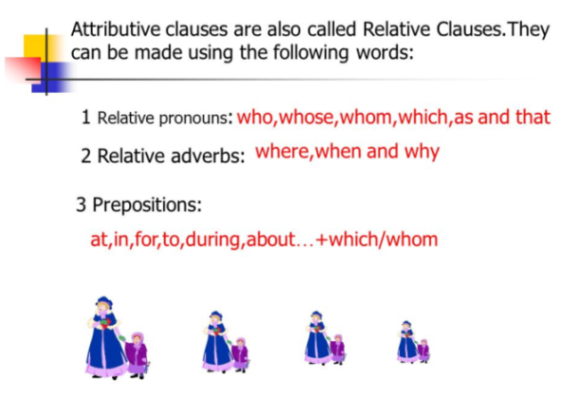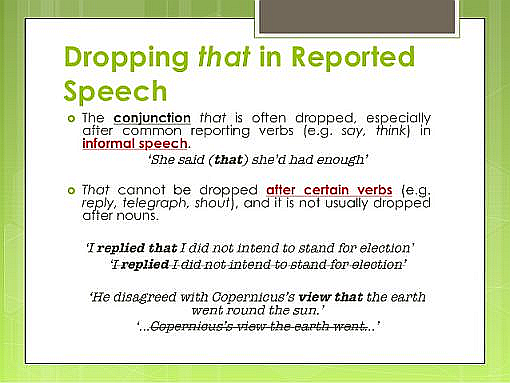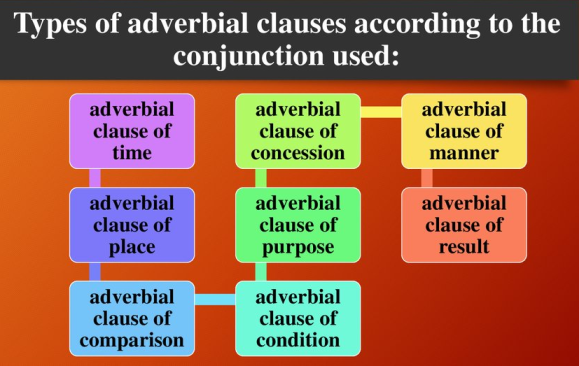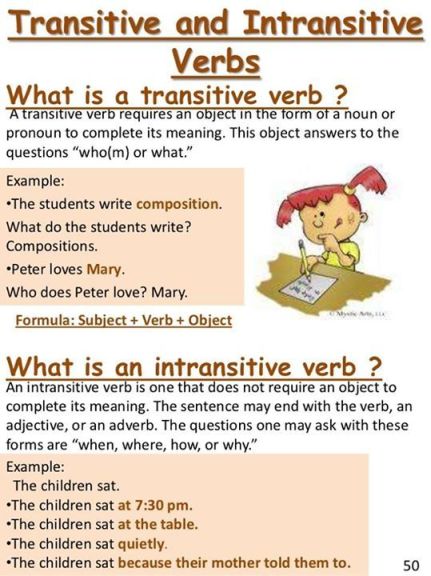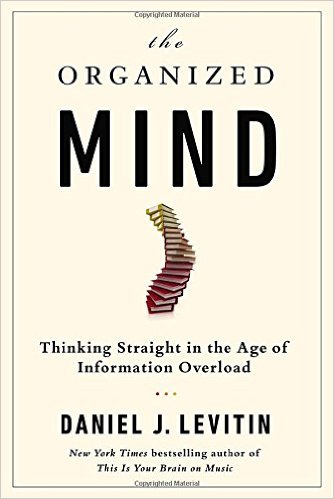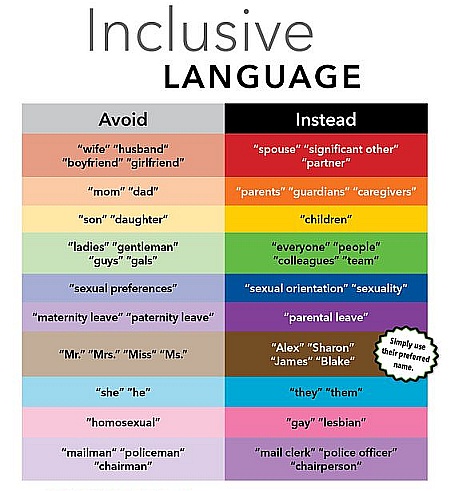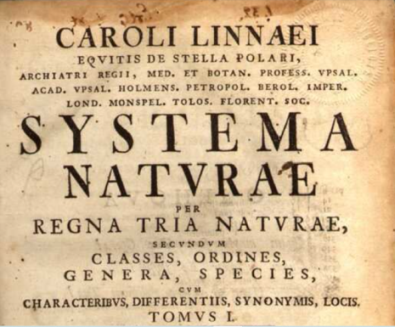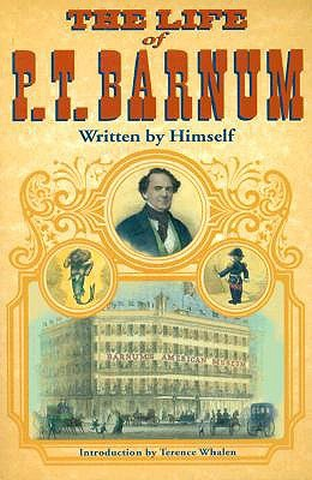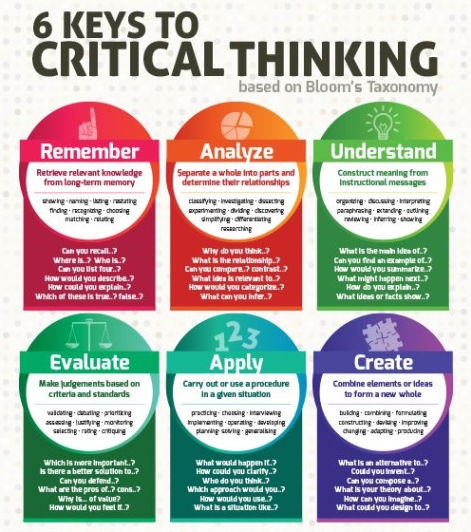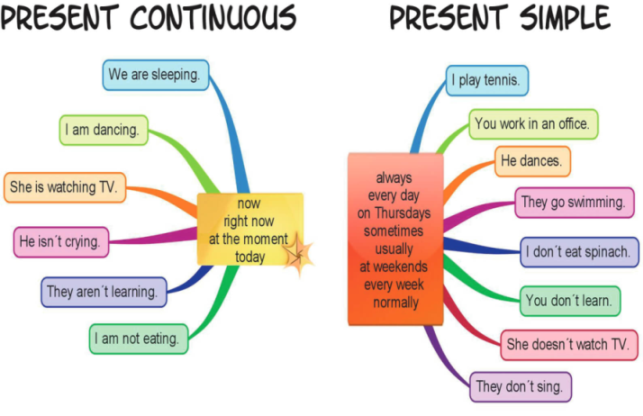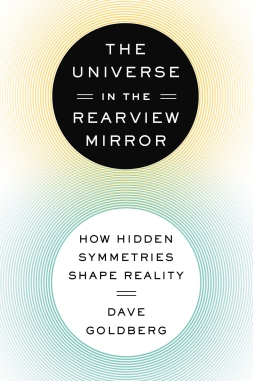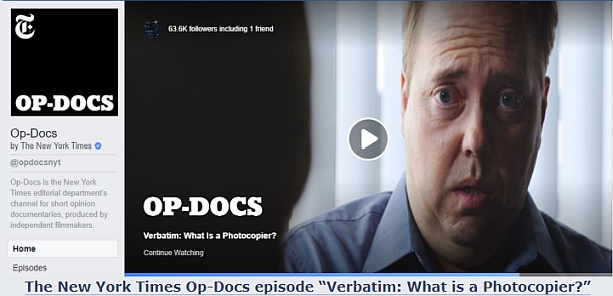1
Site Announcements / Playlist Update (May 18 - 24, 2024) Jose Carillo Forum's Facebook Gateway
« Last post by Joe Carillo on Today at 02:04:18 PM »PLAYLIST UPDATE FOR MAY 18 - 24, 2024 OF JOSE CARILLO ENGLISH FORUM’S FACEBOOK GATEWAY
Simply click the web links to the 15 featured English grammar refreshers and general interest stories this week along with selected postings published in the Forum in previous years:
1. Essay by Jose A. Carillo: “At a loss for words”

2. Use and Misuse: “A recurrent misuse of 'between' when setting a range”

SO WHY SHOULD WE EVER BE CAUGHT
SAYING “BETWEEN 8:00 A.M. TO 4:00 P.M.”?
3. You Asked Me This Question: “'Bring' or 'take' and 'come' or 'go'?”
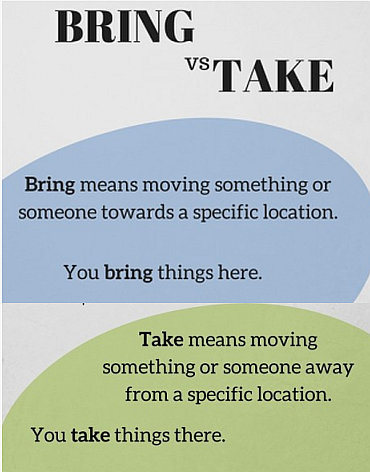
4. My Media English Watch Retrospective: “The rightful place for a headline modifier”

IMAGE CREDIT: X.COM
5. Students’ Sounding Board: “When is sentence inversion a matter of grammar or style?”
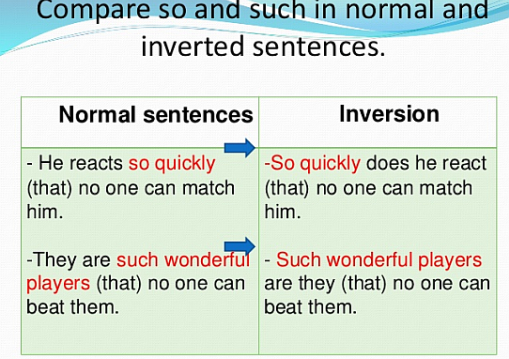
6. Your Thoughts Exactly: “Critique of the Catholic clergy’s English by a former university professor”

7. Going Deeper Into Language: “33 modern English essays”
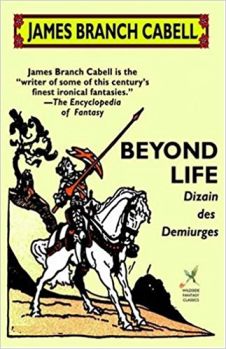
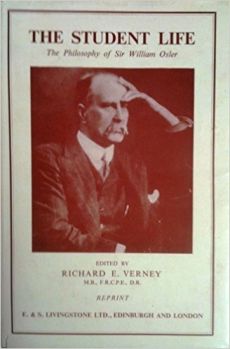

8. Advice and Dissent: “194 cutting-edge readings about recent scientific news”

“DOUBLE TULIPS 2016” BY KATINKA MATSON, EDGE.ORG
9. Language Humor at its Finest:“A Cavalcade of Palindromes”
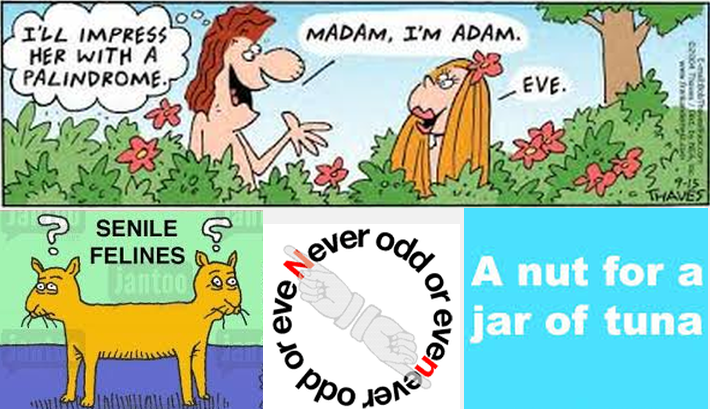
10. Time Out From English Grammar Retrospective: “Renaissance painter goes all the way glorifying women's hair to debunk a prevailing religious notion”

11. The Forum Lounge: “Book publishing's broken blurb system 'a plague on the industry'”

12. Readings in Language: “Style as pleasurable mastery rather than minefield of grievous errors” by Steven Pinker

13. A Forum Lounge Retrospective: "Close encounters with enigmatic English syntax”

14. A Forum Lounge Pictorial: "Manila at the turn of the 20th Century”

15. Time Has Indeed Gone By: "Charles Aznavour sings a classic!"

Simply click the web links to the 15 featured English grammar refreshers and general interest stories this week along with selected postings published in the Forum in previous years:
1. Essay by Jose A. Carillo: “At a loss for words”

2. Use and Misuse: “A recurrent misuse of 'between' when setting a range”

SO WHY SHOULD WE EVER BE CAUGHT
SAYING “BETWEEN 8:00 A.M. TO 4:00 P.M.”?
3. You Asked Me This Question: “'Bring' or 'take' and 'come' or 'go'?”

4. My Media English Watch Retrospective: “The rightful place for a headline modifier”

IMAGE CREDIT: X.COM
5. Students’ Sounding Board: “When is sentence inversion a matter of grammar or style?”

6. Your Thoughts Exactly: “Critique of the Catholic clergy’s English by a former university professor”

7. Going Deeper Into Language: “33 modern English essays”



8. Advice and Dissent: “194 cutting-edge readings about recent scientific news”

“DOUBLE TULIPS 2016” BY KATINKA MATSON, EDGE.ORG
9. Language Humor at its Finest:“A Cavalcade of Palindromes”

10. Time Out From English Grammar Retrospective: “Renaissance painter goes all the way glorifying women's hair to debunk a prevailing religious notion”

11. The Forum Lounge: “Book publishing's broken blurb system 'a plague on the industry'”

12. Readings in Language: “Style as pleasurable mastery rather than minefield of grievous errors” by Steven Pinker

13. A Forum Lounge Retrospective: "Close encounters with enigmatic English syntax”

14. A Forum Lounge Pictorial: "Manila at the turn of the 20th Century”

15. Time Has Indeed Gone By: "Charles Aznavour sings a classic!"



 Recent Posts
Recent Posts
